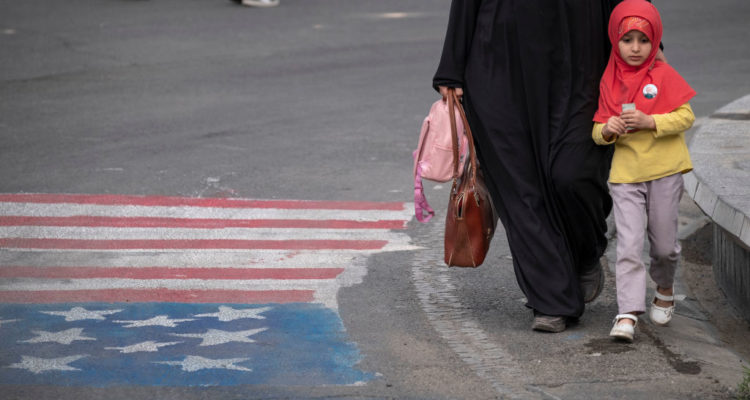Iran and the US need to strike an agreement to reinstate the Joint Comprehensive Plan of Action, for their own and international interests. Without a deal, greater Middle East instability is inevitable and both sides, and the region, will be losers. If the will is there, a carefully shaped win–win deal is within reach.
Iran’s ruling regime needs a deal to protect itself from potential threats, both internal and external. The US, particularly President Joe Biden, needs a deal for domestic political and international reasons. That deal must prevent nuclear proliferation in the Middle East, and sufficiently ‘stabilise’ the Middle East so that Washington can focus on higher priorities, namely, China and Russia.
After months of tedious drawn-out negotiations in Vienna, developments during the past week suggest that both sides now want to close a deal as soon as practicable. The evidence for this is recent reporting that Iran is now willing to enter into direct negotiations with the US, and the departure last week of the deputy special envoy for Iran, Richard Nephew, an Iran hawk, from the US negotiating team.
There are two imperatives for Iran to reach an early deal. The first is the threat from growing public restlessness due to Iran’s economic disarray, and the related debilitating effects of Covid-19. The second is the outcome from potential military action by the US and/or Israel if they conclude that Iran does intend to develop a nuclear weapon. Either, or both, could trigger reactions that would seriously challenge Iran’s leadership, and the broader regime itself.
Read the article by Ian Dudgeon in The Strategist.

